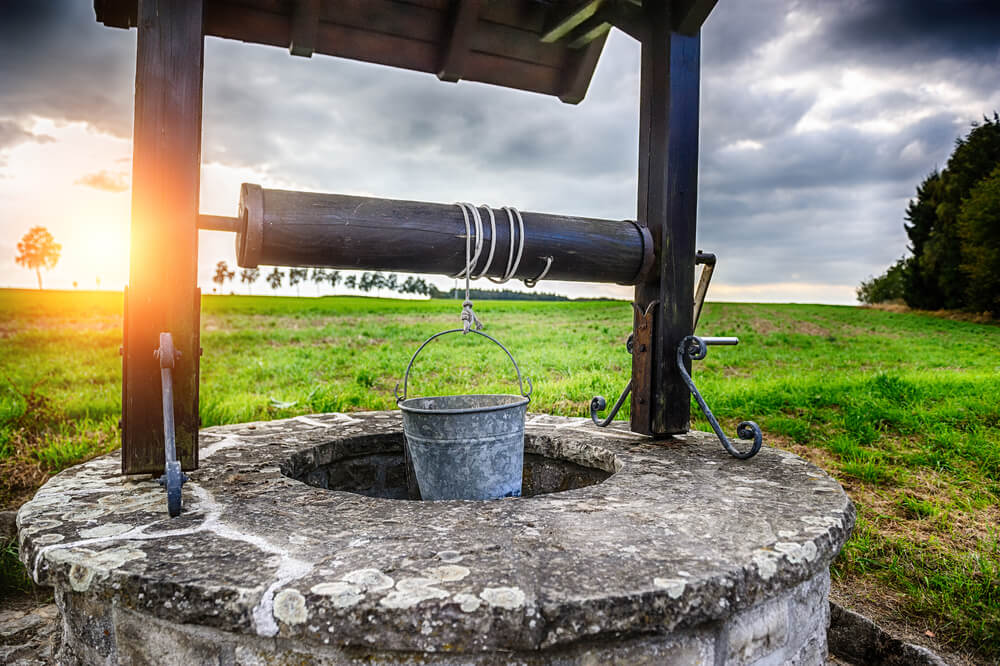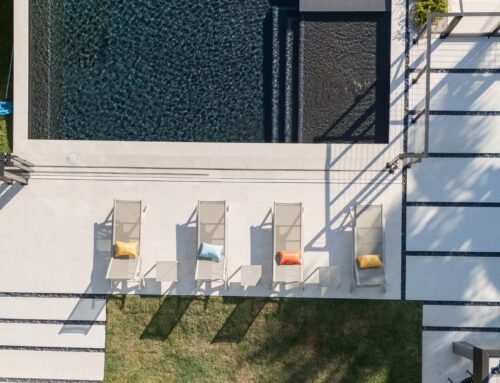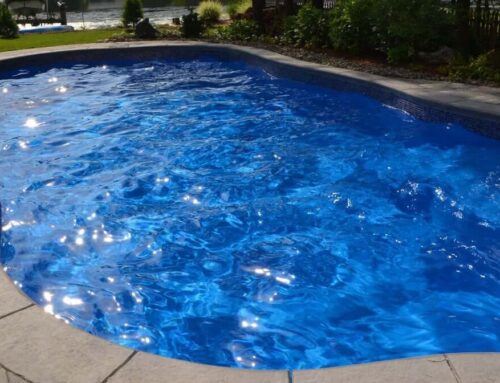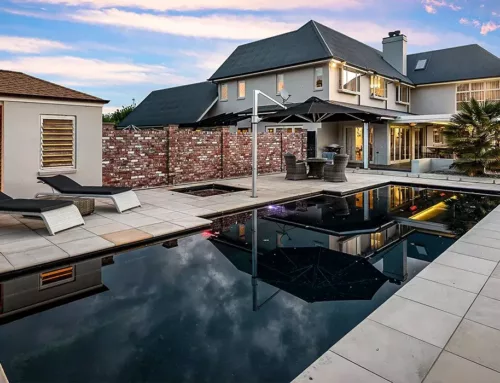If you are thinking about filling a pool with well water, this is the blog for you. Many people question: Can I fill a pool with well water? Luckily, the answer is yes! But, you’ll need to know how to do it and properly maintain your pool afterward.
Down below, we’ll show you everything you need to know about using well water to fill a pool, including how to filter well water for the pool.
Since water from the well isn’t the same as the one in your house, your pool’s filter system is going to need special care. But no worries, we’ll show you how to take care of everything.
Read on, and learn how to treat a pool filled with well water.
Can You Fill a Pool With Well Water
Many people wonder if it’s acceptable to use a well to fill their pool. As we mentioned previously, it’s absolutely doable. In fact, using well water to fill a pool is one of the cheapest ways to do this. That’s why many people go for this option.
Of course, the most common way to fill a pool would be to use city water. For many reasons, some people don’t have or don’t prefer that option. If you have a well at your home or somewhere nearby, that’s something you can use too.
But, there are a few things to consider before you go on and start using well water to fill a pool. They are going to determine if you can fill a pool with well water.
What to Consider When Filling a Pool With Well Water
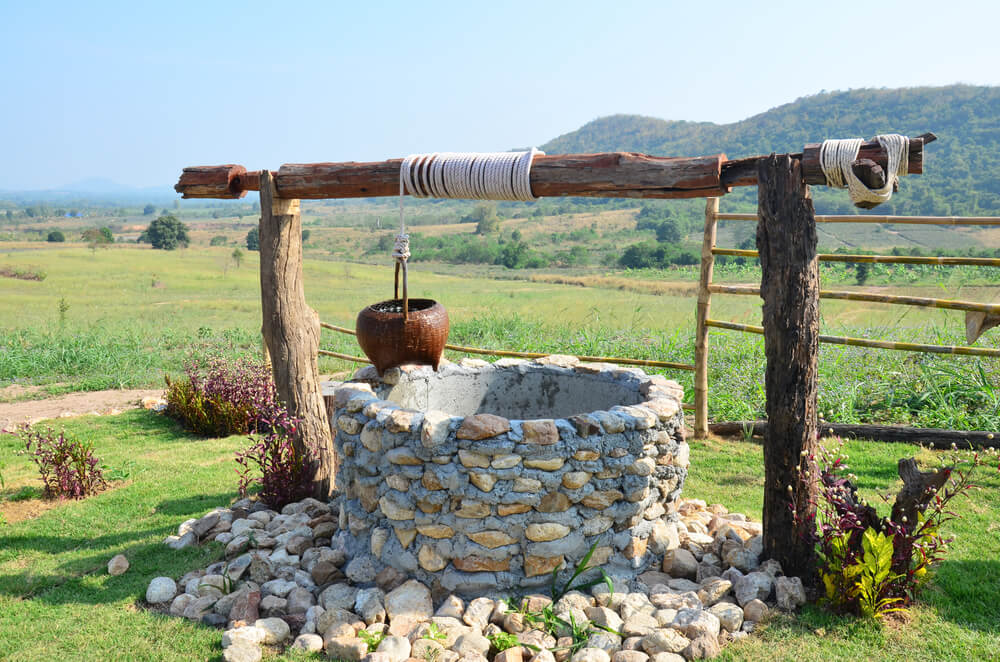
The first thing you need to look into before you start using a well is the size of your pool. A small family well isn’t going to be big enough to fill an Olympic swimming pool. Before you start filling a pool with well water, give a heads up to the rest of the people that use the same well. Check how much water you can use while allowing the others to maintain a water flow throughout the day.
Now, what determines how much water will be in the well? That’s called delivery volume or a flow rate. It shows how many gallons of water your well receives per hour. A well with a high flow rate (more than 600 gallons per hour) will be good enough to safely fill a pool. On the other hand, the well will likely dry out if it receives less than 150 gallons per hour and you use it for the same purpose.
Also, many people don’t know much about how to filter well water for the pool and wonder if this water requires special care. Water that’s very deep in the ground is less likely to be contaminated with bacteria and other unwanted waste.
However, it may contain more minerals and metals than the water you get from the city.
Some of the elements your well water can contain aren’t that welcome in a pool. For example, calcium might clog your filter, too much iron can lead to bacteria infestation or turn the water green.
So, before you fill up, test the water from your well.
Test Before You Fill the Pool
If you don’t know how to treat a pool filled with well water, you should start by testing it. Maybe the water doesn’t need any special treatment.
The easiest way to do this is with water-testing strips. They will show if the water contains too much manganese or iron. If that is the case, you are going to need to treat the water before filling up the pool. So, before you do it, make sure the water is tested and balanced correctly.
Also, you can use biocide to test the water for ions. That won’t be difficult to do. Just get a bucket, fill it with well water, then add biocide. If the water turns green or brown, it means it contains too many ions. To fix this problem, you are going to need a sand filter.
Filling a Pool With Well Water
Checking the flow rate of the well is the most important part of filling your pool with well water. However, there are other factors to look into.
Don’t forget to take into account that many people may be using the same well as everyday water supply. So, if you don’t want anybody to lose water pressure, it’s best to fill the water over a few days and have a strategy prepared.
Our suggestion is to never run the water for more than one hour at a time. No matter how strong your well is, just as a precaution, do one hour of fill time, with an hour of rest. If you have a large swimming pool that needs to be filled with a well that has a weaker flow rate, make the brakes even longer.
Filling up a pool with well water usually takes a day or two, depending on all of these factors.
How to Filter Well Water for the Pool
As we mentioned, well water may need some extra maintenance. That’s why your equipment must be on point as well. Water from the well usually contains metals that can damage the filtration system. That means you will likely need to change your pumps and filters more often than if you were using city water.
Knowing how to treat a pool filled with well water is the one thing that can save you a lot of trouble. So make sure to keep an eye for any change of color and smell of the water. Better safe than sorry!
How to Treat a Pool Filled With Well Water
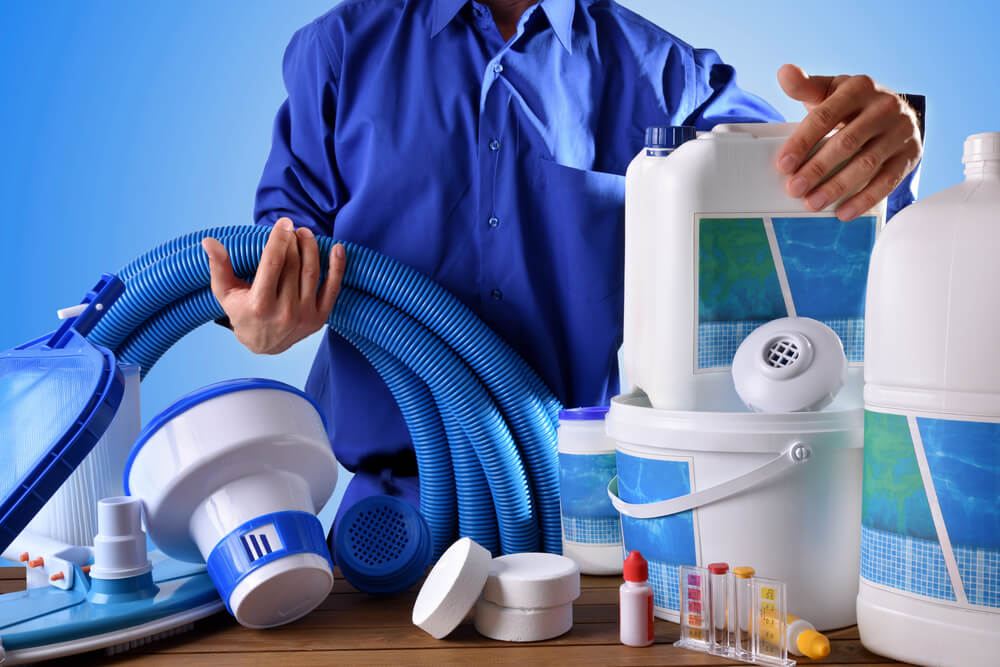
Once you’re done with the testing, you’ll have an idea of what you need to do before the water is safe, and you can go for a swim. Some of the most common well water treatments are:
- Chlorine and Algaecide
If the water testing says that your water contains too much manganese or iron, using chlorine and algaecide will be the way to go. Use a bypass for this procedure.
- Sequestering agent
If you have a problem with hard water or need to eliminate trace metals from your pool water, using a sequestering agent might be the best solution.
- pH corrector
The pH levels in your pool should vary somewhere between 7 and 8. If the water in your pool isn’t in that range, use a pH corrector to avoid issues.
- Chlorine shock
Chlorine shock will help you remove algae, bacteria, and other unwanted contaminants in your pool.
If You Need Pool Assistance…
People who live in Miami know that having a place to cool off is an absolute must-have for this area. So, what are you waiting for? Contact Florida Pool Patio and schedule a professional pool installation. Or, contact us with any pool and spa repair needs.

